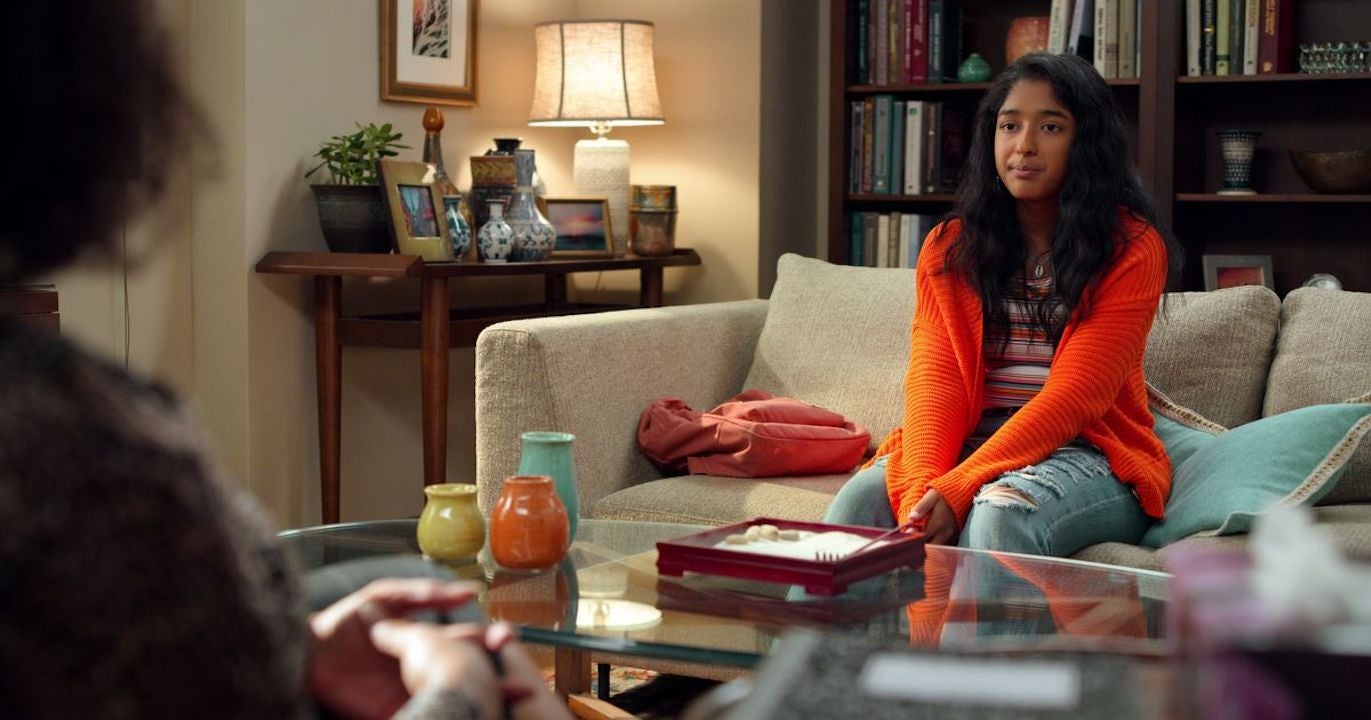If you’re on social media, you’ve probably seen someone talk about mental health and therapy. Short clips of people sharing their lessons from therapy, iInstagram posts of supposed direct quotes from professionals, and twitter threads of heartfelt personal anecdotes fill the mental health conversation online. This has brought about the radical normalisation of talking about mental health, but with that has come the misuse of therapy terms.
The concept of “emotional boundaries” is one that has fallen prey to this phenomenon. Hakomi Therapist Tom Whitehead explains that emotional boundaries are limits that people set to protect themselves and their relationships. It’s a rather nuanced idea that requires context to be understood, but when talked about online in a hot-take no-context manner, promotes a surface-level and even skewed understanding of it.
Why context is important
Without understanding the need for context, it’s easy to use setting emotional boundaries as an excuse not to take accountability, have compassion, or do the necessary work to keep a relationship healthy.
For example, you express to a family member that they did something that hurt you, and request that they do not do it again. In response, they may say that you’re violating their boundaries and trying to change who they are. While expressing what we need or want does not obligate someone else to act accordingly, the emotional boundaries that some people set may reflect a refusal to take responsibility for hurtful behaviour.
In the same vein, emotional boundaries have sometimes become used as threats to force someone’s hand. For example, an ultimatum like “if you talk to this person, I will leave you” attempts to control the other person. On the other hand, the boundary “I’m uncomfortable with you talking to this person, and I don’t think I can be in a relationship with you if this continues” opens up space for communication, even if it is just as non-negotiable as an ultimatum. While the “consequences” are the same, the difference is that self-preservation is the motivator for enforcing boundaries, rather than punishment which comes from threats. The complexities of situations can make this concept feel confusing, which is why it requires further contextualisation and reflection for boundary-setting to be productive.
Calling for a more conscious reflection of how we set boundaries
Ultimately, the purpose of boundaries is to defend our emotional spaces and valued relationships.
The first step is to truly understand the core of emotional boundaries, which is meant to protect and not to hurt. Reflect on your honest reasons for setting a boundary: How do you feel when it is crossed? Is there a deeper issue within yourself, like codependency or a poor self-esteem, that you should also be taking charge of?
Next, consider the way of communicating that boundary to prevent yourself from falling into the trap of making threats. Express how a boundary violation makes you feel, and communicate the request for them to not cross it in the future clearly and respectfully. While the other person may feel hurt by it, be firm but understand that they are valid in their own feelings. Being compassionate and explaining your intention of drawing boundaries to maintain the relationship can also help them better understand its value eventually.
Lastly, understand that boundaries can be flexible or non-negotiable. It’s okay to retract or modify it after discussion just as it is okay to put your foot down or introduce a new boundary down the line. Whatever it is, what remains should be an open channel of communication where both parties are respectful and have a choice.
The line between what are boundaries and what aren’t is thin, but knowing the difference allows us to better understand its value in preserving our autonomy and relationships. Paradoxically, drawing healthy boundaries can bring us closer to the people whom we draw them with, leading to a greater, more fulfilling relationship at the end of the day.




